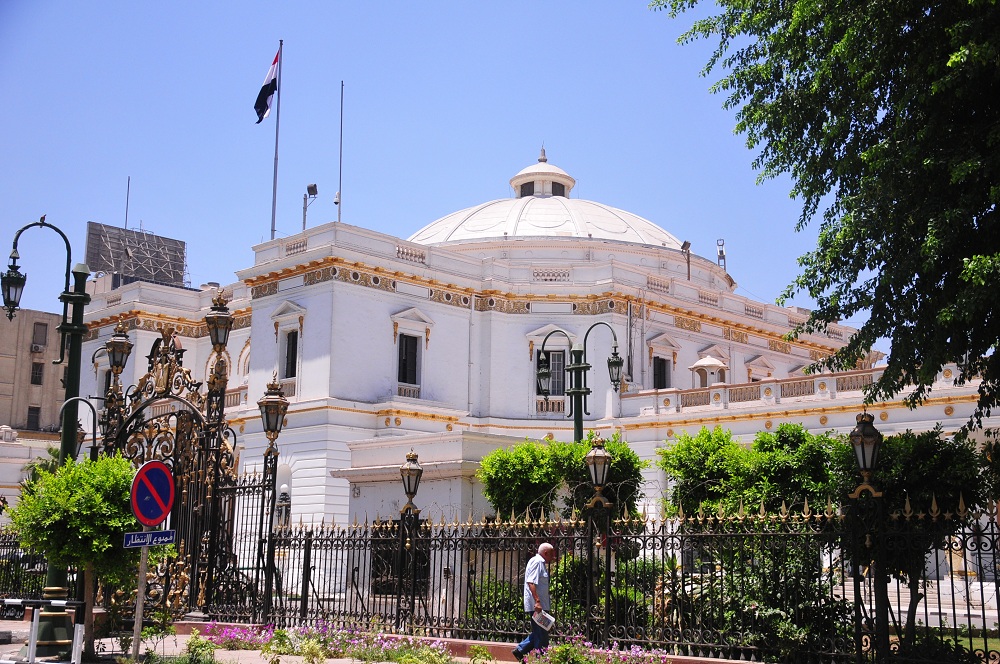JERUSALEM: Israeli Prime Minister Benjamin Netanyahu and Defense Minister Ehud Barak both warned in interviews published on Wednesday that the situation in Egypt’s Sinai poses a "very troubling" threat to Israel.
After Egypt’s revolution which toppled president Hosni Mubarak, security in the Sinai peninsula has deteriorated, with Cairo sending troops into the area to try to bring it back under control.
Israel says a deadly attack on its south last month was staged partly from Sinai, and Netanyahu warned that forces hostile to peace between Egypt and Israel were exploiting the security vacuum in the area.
"There are a lot of forces that are seeking to undermine that peace, seeking to roll it back, seeking to use the Sinai not merely as a staging area for attacks from Gaza but seeking to use Gaza as a staging area for attacks from Sinai," he told the Jerusalem Post in an interview published on Wednesday.
"This is obviously a very troubling development," he said. "I hope that the importance of maintaining the peace is understood by all the parties in Egypt. I think this message was given to the Egyptians very clearly by the United States."
Meanwhile, in an interview with the Maariv daily, Barak also sounded the alarm over the situation in Sinai, saying it had prompted Israel to agree to an increased Egyptian military presence in the area — as required by the terms of the 1979 peace treaty — in a bid to improve security there.
"But can I tell you that it is solved? It is not solved," he said. "Sinai is an important asset for every Egyptian leadership, but I don’t think that the leadership is in full control."
Barak said a tug-of-war was under way between the military council now ruling Egypt and the protesters who overthrew the Mubarak regime earlier this year.
Netanyahu also spoke of Israel’s broken relationship with Turkey in an interview with the Israel HaYom newspaper, saying the Jewish state "had not given up on Turkey" although he said it was unlikely the once-close relationship between the two would ever be the same.
"I don’t know if Turkey will ever return to the place it was. Turkey has decided to take a different path. If it wishes to check this escalation and normalize ties, we will, of course, be prepared to do so immediately," he said.
"The present Turkish government has decided to adopt a belligerent foreign policy," he said.
Ties between the once-close allies were badly damaged by an Israeli raid on the Mavi Marmara, a Turkish ship which was part of Gaza-bound aid flotilla in May 2010, in which nine Turkish nationals were killed.
The diplomatic crisis has worsened in recent weeks with Ankara expelling the Israeli ambassador and suspending all military ties and defense trade.
Barak blamed Turkey’s increasingly hawkish foreign policy vis-à-vis Israel on Ankara’s desire for status in the region which he said was ignited by its failure to join the European Union.
"This did not begin yesterday or with the Mavi Marmara. The formative event was what happened with the European Union," Barak said, insisting: "We have no interest in quarrelling with Turkey.
"Turkey is one of the four most important states in the Middle East, along with Egypt, Saudi Arabia and Iran. When Saudi Arabia is shrinking, and Egypt is undergoing what it is undergoing, and Iran is hostile, we have no interest in heating up the crisis."

